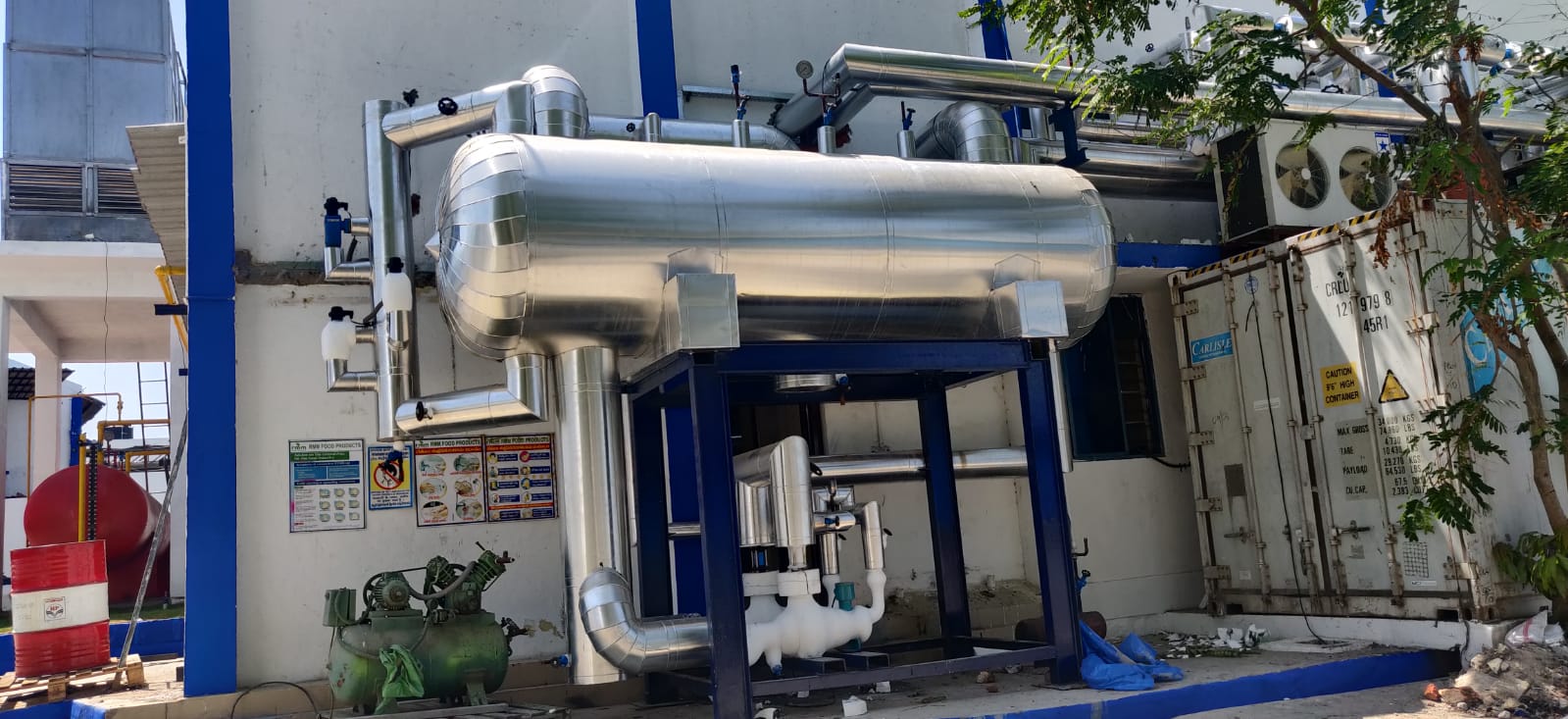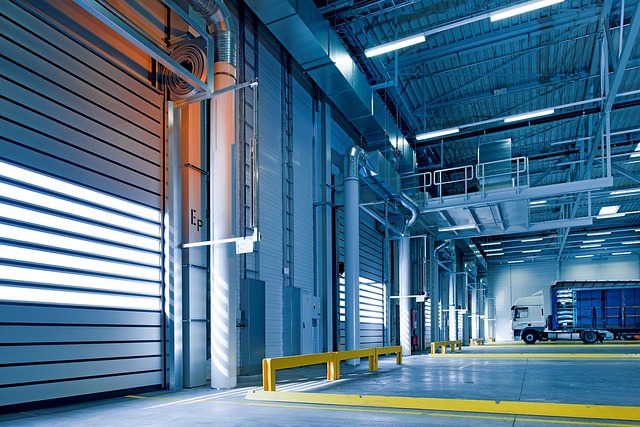In industrial refrigeration, efficiency and reliability are key to maintaining optimal performance while minimizing operational costs. One essential component that plays a significant role in this process is the evaporative condenser. This type of condenser is widely used in refrigeration systems for its energy efficiency, cost-effectiveness, and environmental benefits.
In this article, we’ll explore the top benefits of using evaporative condensers in refrigeration systems and how they contribute to improved system performance and sustainability.
What is an Evaporative Condenser?
An Evaporative Condenser Manufacturers is a type of heat exchanger commonly used in refrigeration systems, air conditioning units, and industrial cooling processes. It functions by utilizing the evaporative cooling process, where water is sprayed over the condenser coil while air is simultaneously drawn across it. The evaporation of water absorbs heat from the refrigerant inside the coils, causing it to condense into a liquid state. This process enables efficient heat transfer, making evaporative condensers more energy-efficient than traditional air-cooled or water-cooled condensers.
1. Improved Energy Efficiency
One of the primary benefits of using evaporative condensers in refrigeration systems is their high energy efficiency. The evaporative cooling process allows for more effective heat dissipation compared to air-cooled condensers, which rely solely on ambient air temperature for heat exchange. Because the evaporative process lowers the condenser temperature, the refrigeration system operates at a lower condensing pressure.
This reduction in condensing pressure results in less strain on the compressor, which is responsible for the majority of energy consumption in refrigeration systems. As a result, evaporative condensers significantly reduce energy usage, helping businesses lower their overall operational costs while achieving optimal cooling.
2. Lower Operating Costs
In addition to energy savings, Evaporative condenser manufacturers in India also offer lower operating costs compared to other types of condensers. The reduced energy consumption of the compressor directly translates to lower electricity bills, which is especially important for industrial facilities and businesses that rely on large-scale refrigeration systems.
Furthermore, evaporative condensers typically have lower maintenance costs. The continuous flow of water across the condenser coils helps to keep the system clean by preventing the buildup of dirt and debris that can accumulate in air-cooled systems. This reduces the need for frequent cleaning and maintenance, contributing to lower overall operational expenses.
3. Compact and Space-Efficient Design
Evaporative condensers are known for their compact design, which makes them an excellent choice for facilities with limited space. Because they use water for cooling, evaporative condensers can be smaller than air-cooled systems that require large surface areas to dissipate heat.
Their compact size allows them to be installed in locations where space is at a premium, such as on rooftops or in tight mechanical rooms. This space efficiency not only reduces the footprint of the refrigeration system but also simplifies installation, making evaporative condensers a flexible option for various industrial applications.
4. Enhanced Performance in Hot Climates
Evaporative condensers perform exceptionally well in hot and dry climates where traditional air-cooled condensers may struggle to maintain efficiency. Air-cooled systems rely on the ambient air temperature to transfer heat, which can be problematic in areas where outdoor temperatures are consistently high.
In contrast, evaporative condensers are not as dependent on air temperature because they use the evaporation of water to cool the refrigerant. This allows them to maintain consistent performance even in hot climates, making them a reliable choice for facilities located in regions with extreme weather conditions.
5. Environmentally Friendly and Sustainable
Sustainability is becoming increasingly important for industries seeking to reduce their environmental impact. Evaporative condensers offer several environmental benefits, making them a greener option compared to traditional refrigeration systems.
The key advantage is their reduced energy consumption, which directly lowers the facility’s carbon footprint. Additionally, evaporative condensers consume less water than traditional water-cooled systems, as the evaporative process requires only a fraction of the water used in conventional cooling towers.
By lowering both energy and water consumption, evaporative condensers contribute to a more sustainable and eco-friendly refrigeration solution, aligning with environmental regulations and corporate sustainability goals.
6. Longer Equipment Lifespan
Evaporative condensers help prolong the lifespan of refrigeration equipment by reducing the workload on key components like the compressor. As the condensing temperature and pressure are lowered, the compressor operates under less strain, which can reduce wear and tear on the system.
This extended lifespan means fewer replacements and repairs over time, leading to cost savings and less equipment downtime. For industrial facilities that rely on continuous refrigeration, the durability and reliability of evaporative condensers can provide significant operational advantages.
Conclusion
Condenser Manufacturing Company in India offer numerous benefits for refrigeration systems, from improved energy efficiency and lower operating costs to enhanced performance in challenging climates. Their compact design, sustainability features, and ability to extend equipment life span make them an attractive option for businesses seeking cost-effective and reliable cooling solutions.
As industries continue to prioritize energy savings and environmental responsibility, evaporative condensers stand out as a smart choice for optimizing refrigeration systems and ensuring long-term operational success.






